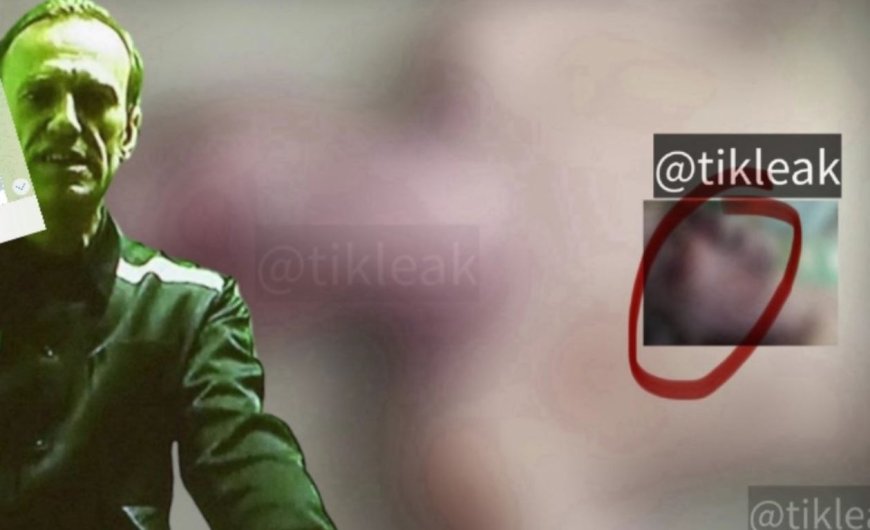Alexei Navalny dead body: Bruises and Unanswered Questions
The death of Russian opposition leader Alexei Navalny has sparked international concern and outcry, with reports emerging of bruises on his body and accusations of foul play.

Navalny, who was 47, died in a remote Arctic penal colony, and his body was found with signs of bruising on his head and chest.
Circumstances of Death
Navalny's health had been a major concern prior to his death, with a history of being physically attacked, arrested, and poisoned with a nerve agent in 2020. He had suffered from severe pain and seizures while in prison, and his treatment—or lack thereof—had been the subject of international attention.
On February 16, Navalny's mother received an official note stating that her son had died in prison the previous day. Russian prison officials have claimed that Navalny died of "sudden death syndrome," a term that refers to unexpected death without a clear cause. However, this explanation has been met with skepticism, particularly given the bruising reported by an anonymous paramedic.
Bruises and Allegations of Murder
The paramedic, described as experienced, claimed that the bruises on Navalny's body were consistent with someone being restrained during a seizure. This has led to speculation that Navalny may have been held down forcefully, raising questions about the circumstances of his death.
World leaders and Navalny's own team have openly accused the Russian government, led by President Vladimir Putin, of being responsible for his death[. President Biden and other Western officials have expressed outrage, with Biden stating that there is "no doubt" that Navalny's death was a consequence of actions taken by "Putin and his thugs".
The Aftermath and International Response
Navalny's family is demanding the release of his body, which remains in government custody. Authorities have warned Russians against participating in demonstrations, and many have been detained at memorial events. The UK has vowed to hold Russia accountable, with Foreign Affairs Committee chairwoman Alicia Kearns labeling Navalny's death as murder and attributing it to Putin's desire to silence the dream of freedom.
Conclusion
The exact cause of Alexei Navalny's death remains unclear, with official reports and eyewitness accounts painting a conflicting picture. The presence of bruises on his body and the lack of transparency from Russian authorities have fueled allegations of a politically motivated killing. As the international community calls for answers, the situation underscores the ongoing human rights concerns and the political tensions surrounding Putin's Russia.






